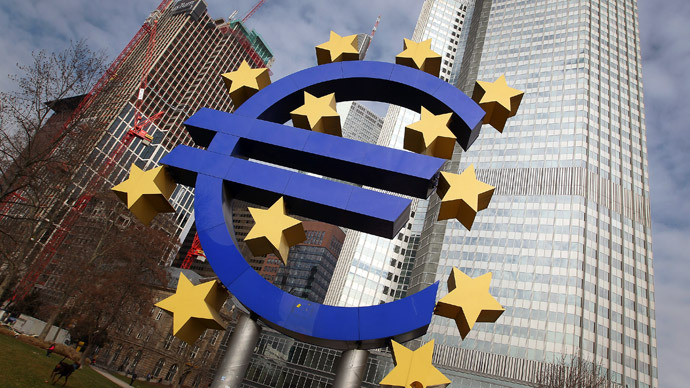The ECB and monetary policy

The European Central Bank announced last December that it would review the current monetary framework which was finalised and presented to the public on May, 8th. The objective of this paper is to contribute to an ongoing debate on the European Central Bank and its monetary policy, by assessing the main features of the current system and pointing out some ideas that could make the current framework more efficient in transparency and policy effectiveness.
In order to reach that goal, I shall start by briefly describing the historical perspective with the aim of explaining the main steps that were taken to reach that current system.
Following that, I will illustrate the composition of the ECB and its mandate as defined by the treaty. Some of the criticisms to the way price stability is supposed to be achieved will be mentioned. In section three, the objective of price stability along with the role monetary policy plays in economic policy will be explained. Moreover, the costs of inflation will also be briefly discussed.
Section four aims at explaining how efficiently the ECB has been managing monetary policy. When doing so, the critiques to the current system will be mentioned and the possibility of introducing employment as a policy goal will be discussed. Furthermore, some ideas put forward by academics to improve the present situation will also be analysed.
In section five, central bank independence and the way it affects the setting of monetary policy will be mentioned and some ideas to improve dialogue between all economic policy agents will be put forward. Section six will provide an overview about the ECB’s transparency and accountability. In order to do so, some indexes on the subject will be presented. This paper will finish by arguing that the FED type of solution would not be optimal to the ECB and finally some suggestions to improve the current system will be presented.




